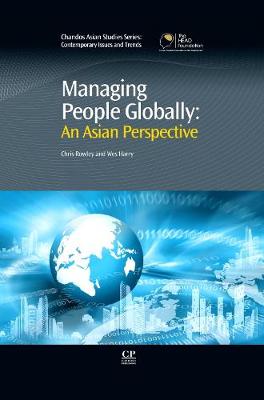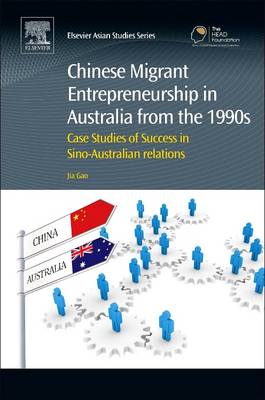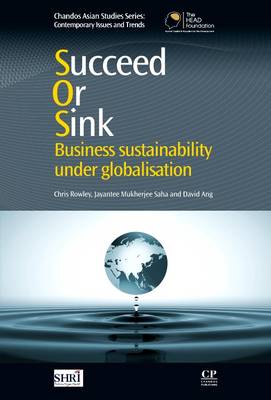Chandos Asian Studies
3 total works
This wide-ranging review of human resources management (HRM) in Asia draws attention to issues which are substantially different from those which a Western-trained manager or student would expect. Intra-regional issues are examined and, in an unusual approach, topics are organised thematically, rather than by the more typical country-by-country approach.
The Changing Role of the Human Resource Profession in the Asia Pacific Region
by Jayantee Saha and Chris Rowley
Published 1 January 2014
The human resource (HR) profession has been on a long and challenging journey. Globalisation and sweeping policy changes have re-defined and re-aligned HR and its role. It is important for HR professionals to develop and become innovators in their respective industries. The Changing Role of the Human Resource Profession in the Asia Pacific Region is based on case-studies of retail, tourism, healthcare, security, education, and energy, spread across the greater Asia Pacific (AP) region. The book rests on the principle of the laws of attraction, that 'thoughts become things' and argues that acknowledging good human resource policies and practices can be a key influence on all aspects of an organisation. After an introduction, five chapters cover key topics: six major industries; changing HR practices across the AP; an insider's view on best practices; the role of HR in sustaining growth across the AP; and a conclusion looking towards the future of HR in the Asian Pacific Region.
Aimed at business strategists, policy makers, researchers and adult learners, this book has an Asian perspective on business sustainability and is about understanding how recent developments and future actions in one part of the world will have a global impact. The book magnifies the concept of so-called ‘globalisation’ and examines the topic of business sustainability from a broad and integrated approach to business: encapsulating people, prosperity and the planet. Furthermore, it acknowledges the contributions, challenges and potential of not only the big corporate houses, but also the smaller ones, in this situation. Chapters discuss the benefits organisations can attain with better governance, and social and environmental practices are also analysed.


